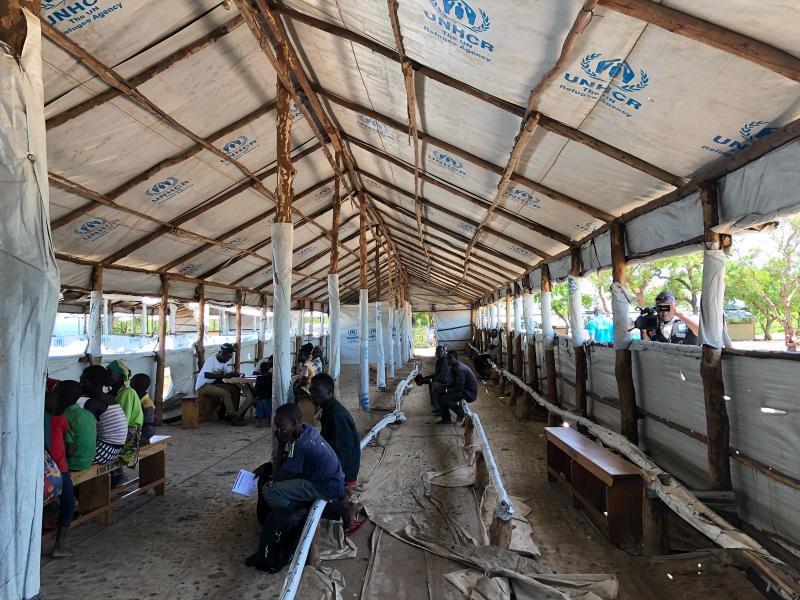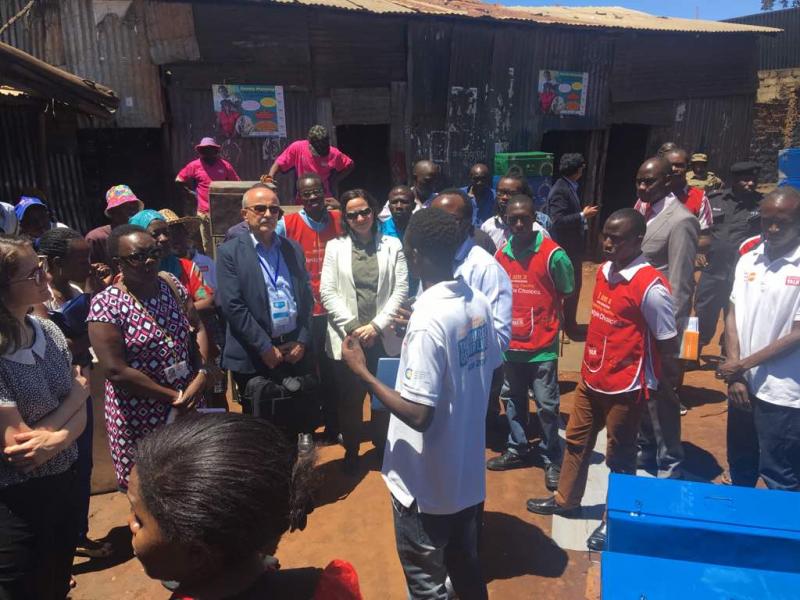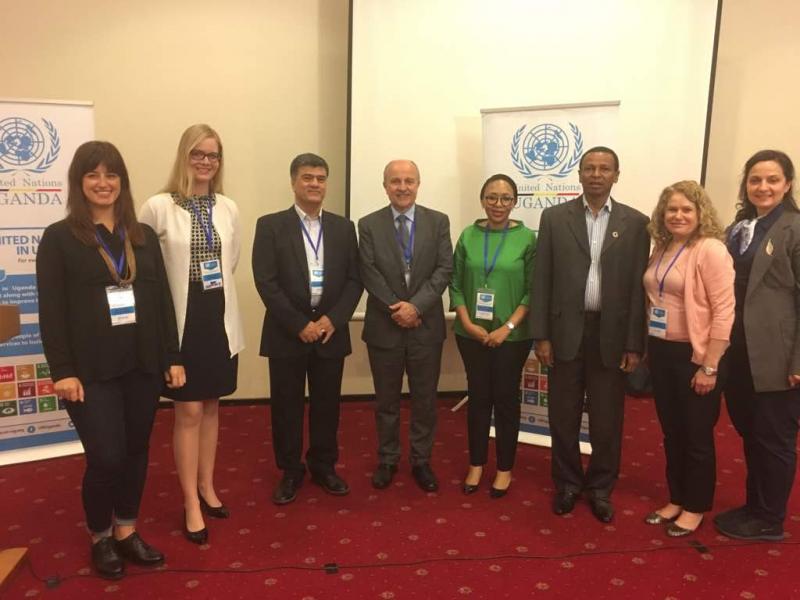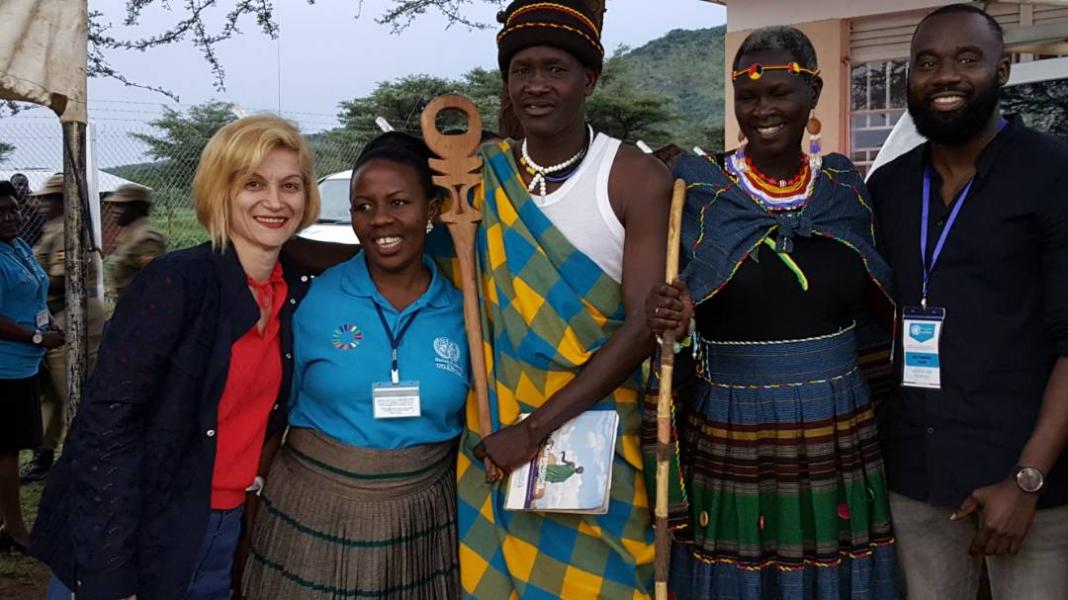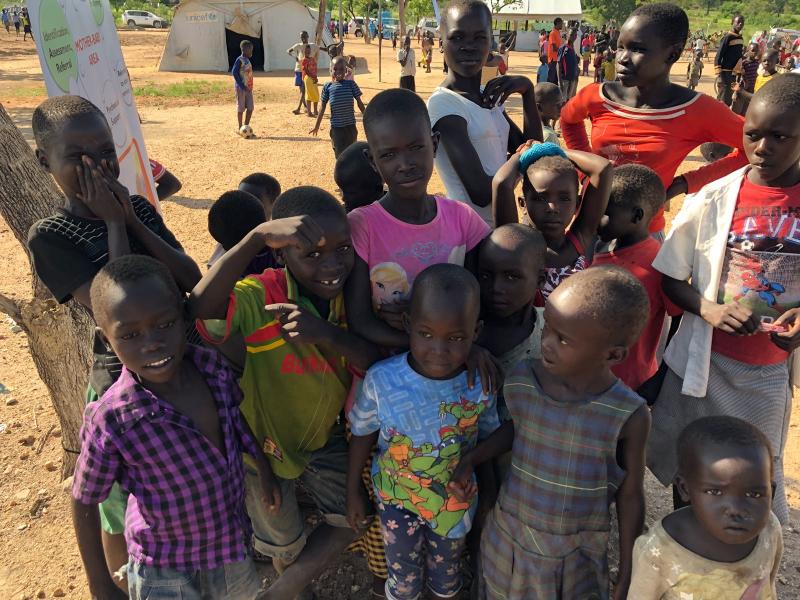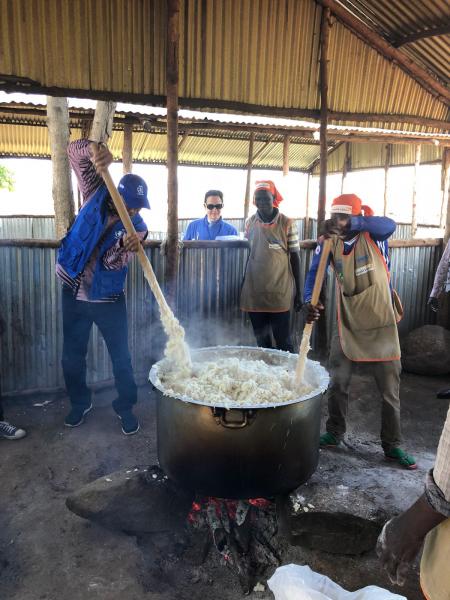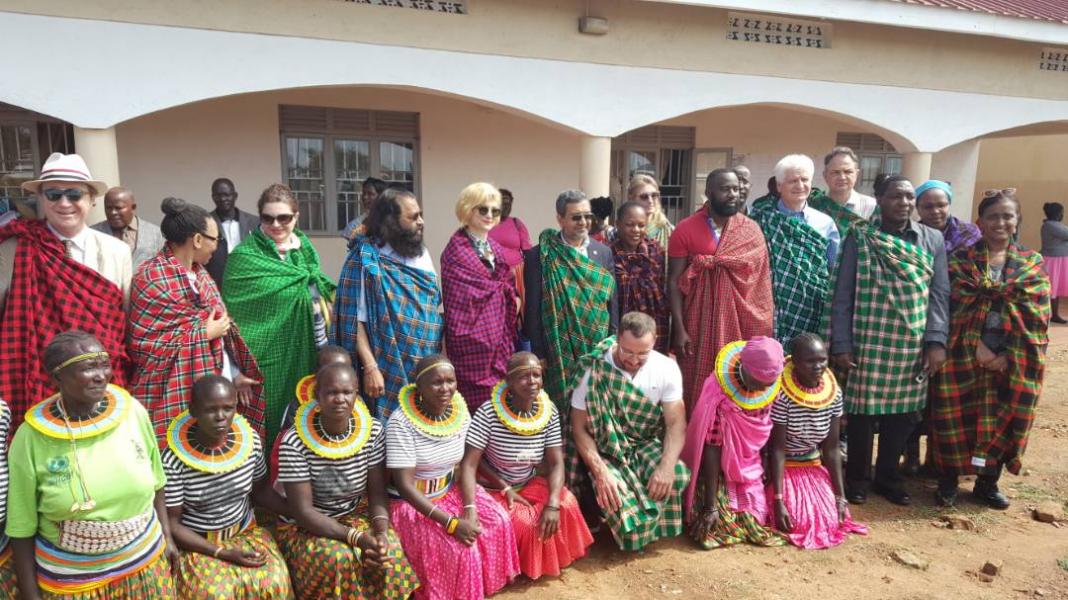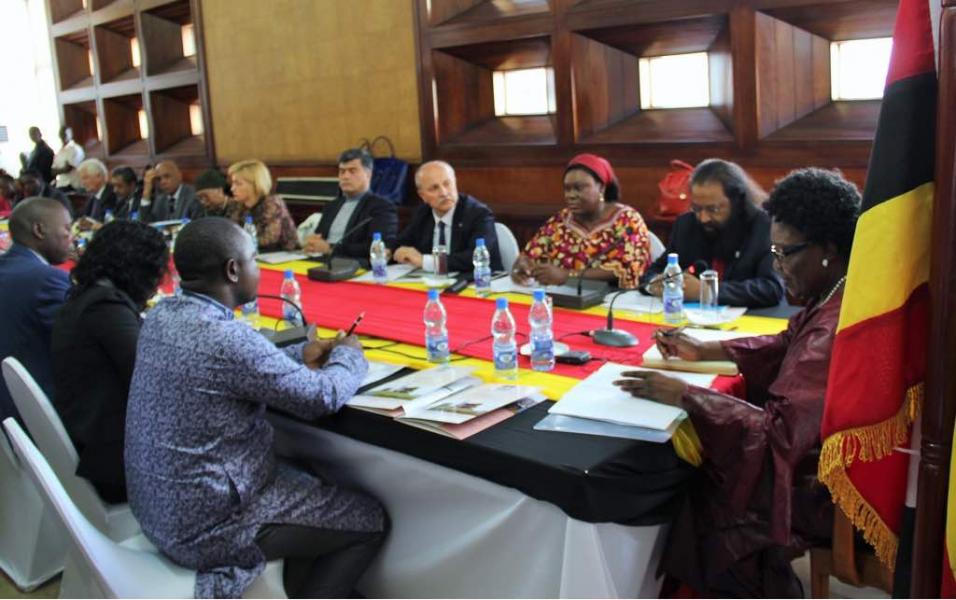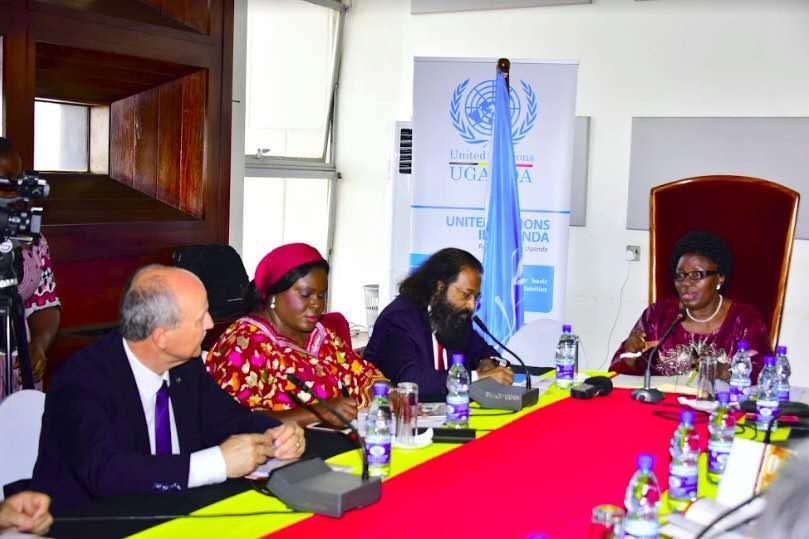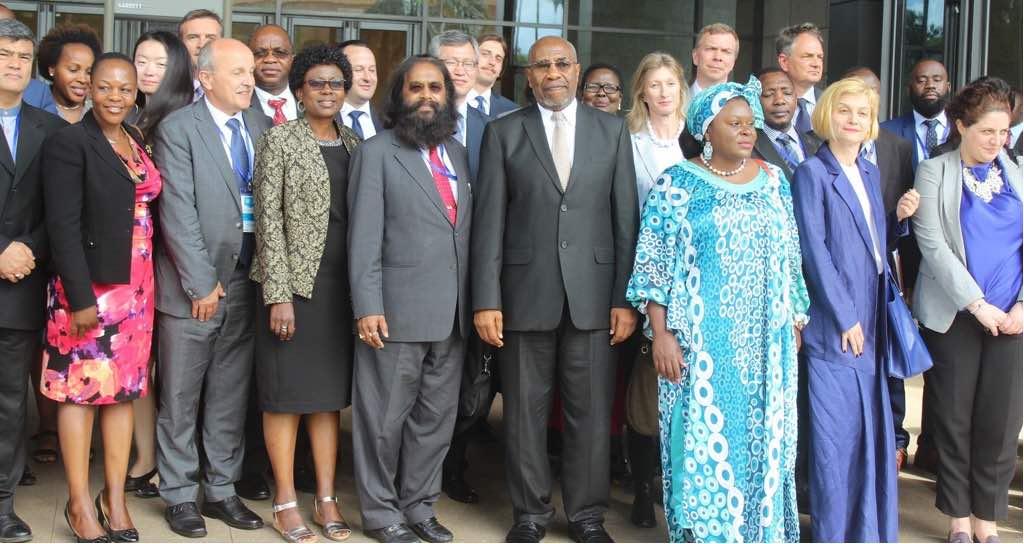-
Visite conjointe sur le terrain des Conseils d’administration
The 2018 joint field visit of the Executive Boards of UNDP/UNFPA/UNOPS, UNICEF, UN- Women and WFP took place to the Republic of Uganda from 30 April to 4 May 2018. The purpose of the field visit was to help the members of the Boards to understand the extent and ways in which United Nations organizations work together and contribute to the achievement of national development plans and Sustainable Development Goals.
The visit paid particular attention to:
- National ownership of development programmes and the relevance of the United Nations contributions to national development plans;
- Observing the Resident Coordinator system, including joint programming and coordination among the United Nations country team (UNCT) partners;
- Comparative advantage of the United Nations development agencies vis-à-vis other development partners; and challenges in implementing the United Nations Development Assistance Framework (UNDAF) for 2016-2020;
- Donor coordination (both between multilateral agencies and with bilateral donors), simplification, harmonization of efforts and reporting; and
- United Nations system-wide thematic issues (Sustainable Development Goals, gender equality and empowerment of women, HIV/AIDS, transition from lower-income to middle-income country status, human development indicators, among others).
Related report and video:

